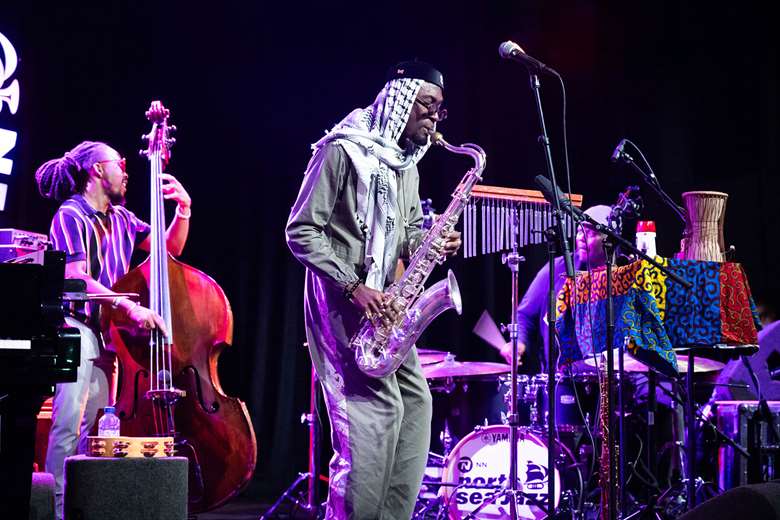Isaiah Collier, Meshell Ndegeocello, Joel Ross and Vincent Herring’s Something Else among the highlights at North Sea Jazz 2024
Peter Jones
Tuesday, July 16, 2024
Peter Jones witnessed Rotterdam’s vast indoor jazz summit that was packed to the rafters with an all-star line-up


Register now to continue reading

Thank you for visiting Jazzwise.co.uk. Sign up for a free account today to enjoy the following benefits:
- Free access to 3 subscriber-only articles per month
- Unlimited access to our news, live reviews and artist pages
- Free email newsletter


